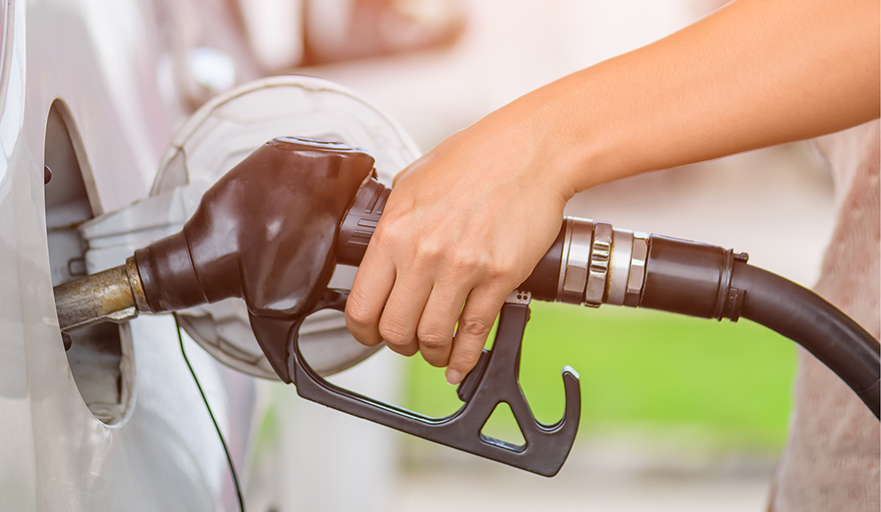
Innovative Technology to help Combat Climate Change
Daka ecoMotion is a part of Daka Denmark A/S.
All of the business areas in Daka Denmark have safe, sustainable and productive management of natural resources as a focal point. For almost 100 years, Daka Denmark has been guarantor for safe handling, but also sustainable recycling and recycling of by-products from agriculture and the food industry.
This is where Daka ecoMotion comes into the picture. EcoMotion manufacturer produces biofuels based on residual products and organic waste. Production is based on animal fats extracted from residues from slaughterhouses and primary agriculture. Residual products that are no longer to be used for feed production. The ecoMotion factory produces 55 mil. liters of biodiesel per year and biodiesel based on animal by-products reduces carbon dioxide emissions by up to 78 percent.
In Daka Denmarks sustainability reports, you will also find more information about Daka ecoMotion’s sustainable efforts.

Environmental and Sustainable Biodiesel
Based on animal fats and processed used cooking oils and frying fats, ecoMotion produces some of the most environmentally friendly and sustainable biodiesel currently being made on an industrial scale.
Producing biodiesel from these types of waste material achieves a saving of at least 85% compared to the greenhouse gas emissions of mineral diesel. The potential saving is thus around twice as high as for conventional biodiesel. The EU has adopted this outstanding figure as the standard value in its Renewable Energy Directive. Due to the excellent CO2 balance sheet and the way resources are conserved, use of waste material forms a core aspect of EU biofuels policy.
To be able to use biofuel to meet the transport sector’s sustainable energy targets, the fuel has to be certified in accordance with EU sustainability criteria.
Daka ecoMotion has chosen to certify the production in accordance with the ISCC standard, which has been approved by the European Commission. Find det certificat here.
Biodiesel from Animal Fats Given Stamp of Approval
It is possible to convert waste/residual products to a competitive biofuel with a good environmental profile. This is one of the key conclusions of a life cycle analysis (LCA) conducted by the Institute for Product Development at the Technical University of Denmark.
Several life cycle analyses have been carried out for biodiesel based on animal fats. As we are dealing with a carbon neutral residual product, these analyses provide a very positive assessment of our product.
During the Danish debate on biofuel, it has been suggested that the CO2 displacement is greater if the biomass is incinerated directly in heating plants since the conversion process involves a considerable loss of energy. The problem, however, is that there are no real alternatives to fossil fuels in the EU, and that it is important to develop other solutions for supply-related reasons. The energy loss involved in converting animal fats to biodiesel is low and on a level with the energy loss involved in the refining of fossil fuels.
Europe is also seeing more and more diesel-driven vehicles, which is a positive development since diesel-engine vehicles go up to 30% further per litre of fuel than petrol-driven engines.
This means that Europe will, at some stage, begin to experience a shortage of diesel. In popular terms, biodiesel may therefore allow us to convert even more cars to diesel over time, which would reduce CO2 emissions in the transport sector even further.
Find LCA-report and appendix.

Read more about sustainability in Daka Denmark here.


